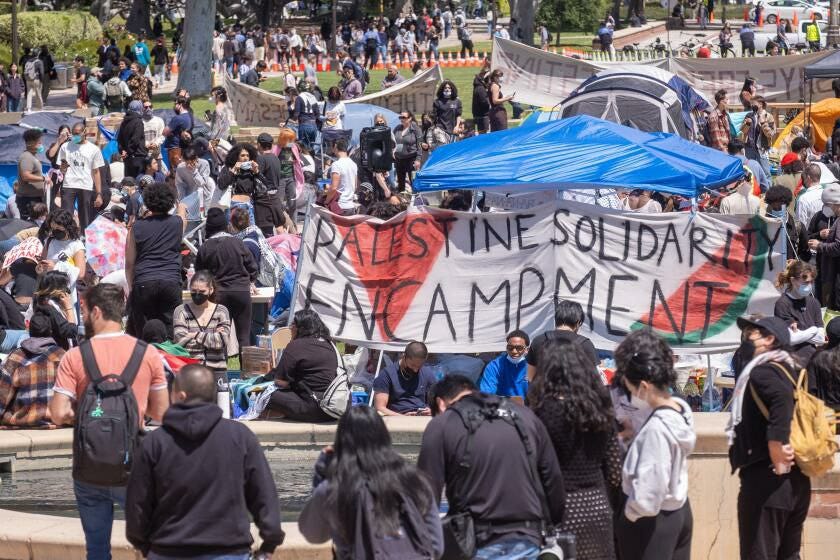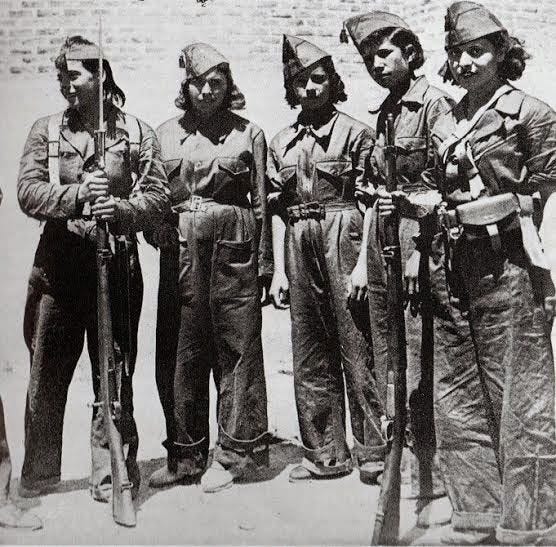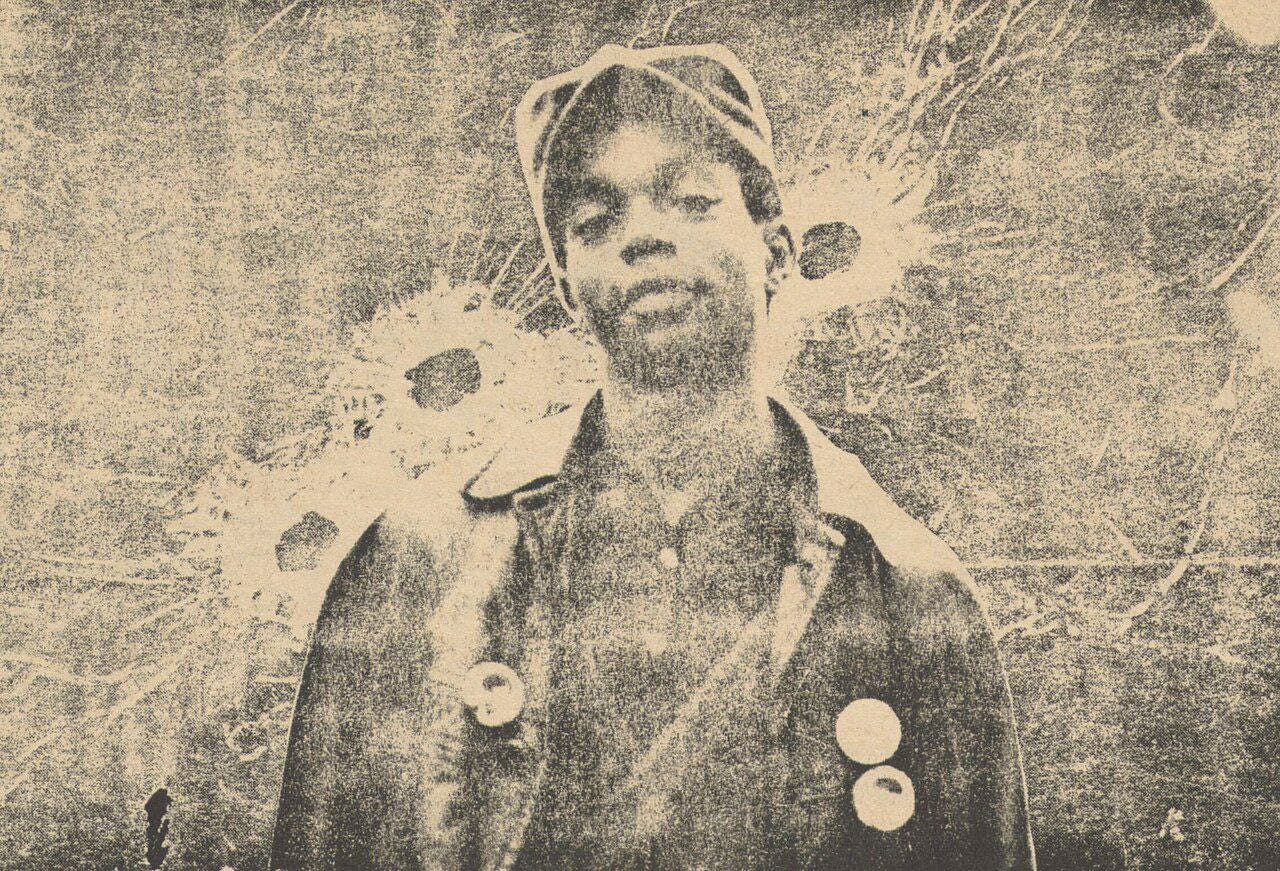I’ve been an ex-student organizer for over a decade now, which is, demographically speaking, weird. That’s why I’ve come to recognize that when the revolution comes, I probably won’t be at the front lines. I haven’t lost my nerve; it’s just a sociological fact that radical social change is a young person’s game. Look into any historical revolution and you’ll find, more likely than not, that gangs of high school or college-aged youth played a preponderant role.
The Soviet youth league, the Komsomol, was formed out of groups of young militants that actively fought in the Russian Civil War. The anarchist militia in the Spanish Civil War were largely composed of fifteen- and sixteen-year-olds; Canadian naturalist R. D. Lawrence enlisted at the age of fourteen. Elementary school children organized into Red Guards detachments during the Chinese Cultural Revolution. A fourteen-year-old Bobby Hutton became the first member of the Black Panther Party when recruited by Huey Newton and Bobby Seale, then a geriatric 24- and 30-years-old, respectively.
And as Unity & Struggle report in their comprehensive analysis of the George Floyd Rebellion:
“In every city we studied, just lik 2014, the most militant action was led by what comrades described as ‘Black proletarians’ or ‘kids from the neighborhood’: predominantly Black young people from poor and working class backgrounds, of all genders, with few apparent links to the organized left, who participated in protests and escalated to fighting cops and looting. Sometimes they did so with the assistance of insurrectionary leftists, and sometimes not. In Center City Philadelphia, downtown Brooklyn, and Atlanta’s Centennial Park, these grassroots leaders set it off.”
This is not to say that political action by young people is universally good or wise or virtuous. But youth revolt is a key component to almost all revolutionary change. No matter how radical their purported politics, when older people treat youth organizing as such with condescension or disparagement, they’re performing a deeply conservative function.
The post-youth amongst us need to not only support but foster the autonomous leadership of student and youth organizers. This means giving people space to interface with broader movements, which means those broader movements are welcoming and, like, exist in the first place.
The biggest predictor for youth organizers remaining in the movement is getting involved in struggles off campus and seeing examples of radicals throughout their lives. While youth movements are the center of gravity of revolutionary change, they generally feed into the kind of multi-generational radical social movements that are far more common outside the United States. Folks grow up getting sent by their parents to communist youth camps or taught to ride bikes by their anarcho-syndicalist grandfathers.
There’s a very simple explanation for why we don’t have that: COINTELPRO. The community-based liberation movements of the New Left were smashed by the American state, while the university outposts of Ethnic and Gender Studies were allowed to persist in a deformed state, shorn of their broader bases and revolutionary commitments but allowed to recreate generations of student activists so long as they stay on campus. “You know, I was something of an activist when I was your age…”
Of course, we aren’t encouraged to understand the bounded age range of Acceptable Activism as the result of state repression and extrajudicial murders. Instead, we’re left with the folk knowledge that a person’s opinions on society and life only improve with age as they gain knowledge, perspective, and hard-earned wisdom. Young people may have passion and enthusiasm, the thinking goes, but they’ll grow out of their youthful naivete and ideological flights of fancy with time.
That’s all well and good, but I think there’s an equally strong pressure for our political opinions to worsen with age. Experience can teach us valuable lessons. It can also impart false ones: the illusory “necessity” of things being the way they happen to be, the normality of degradation and compromise.
We need to build fighting social movements that respect the autonomy and political initiative of young people. And this respect means giving them on-ramps to broader social movements that aren’t diverted through condescending tutelage.
The world is fucked. The kids want power. You’re either on their side or not.
This post has been syndicated from In Struggle, where it was published under this address.



